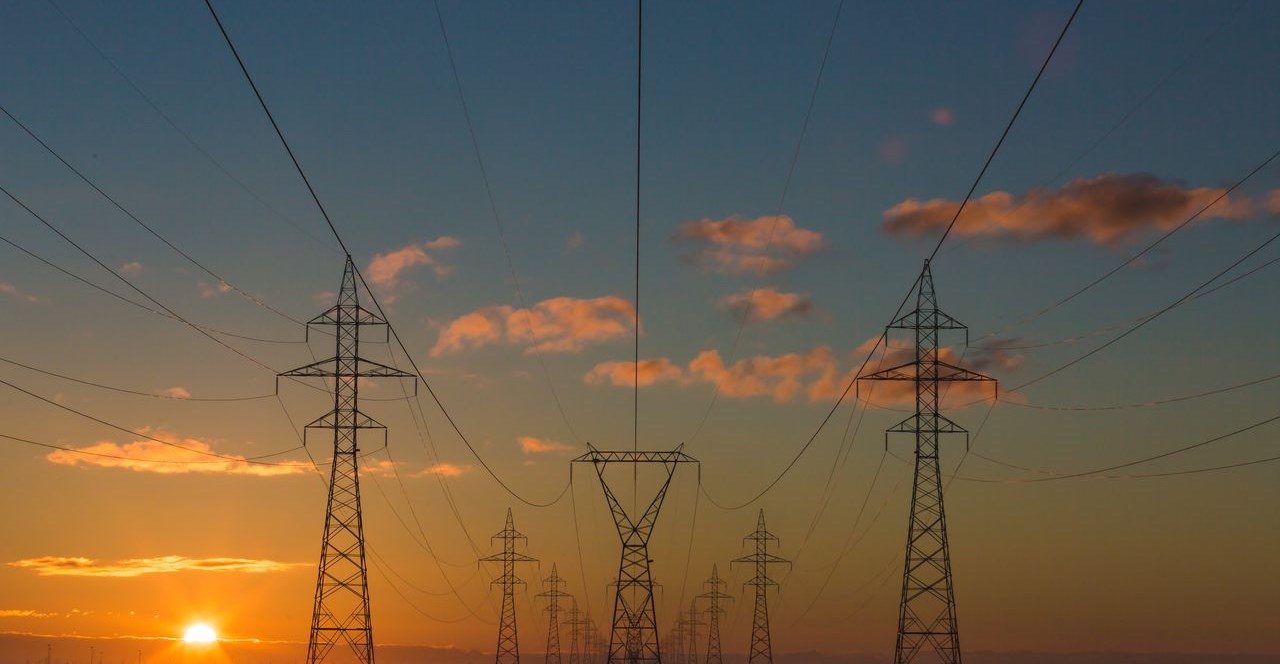Urbanization is a strong trend both globally and nationally. In Sweden today, more than 85 percent of the country's population lives in urban areas and the population in urban areas continues to grow. Processes are underway with new construction and densification in large cities and their surrounding municipalities. These are governed by policy frameworks and goals for sustainable urban development. Cities and municipalities have a key role to play in developing and building the districts' energy systems and energy-using buildings, as well as supporting processes surrounding infrastructure as well as detail and building plans. They also play a key role in developing frameworks for the exploitation and sale of land. The design that infrastructure, buildings and buildings' internal equipment receive is a prerequisite for energy supply and energy use in the areas for a long time to come. There are many actors who are involved in influencing the design and subsequent use of energy systems. Socio-technical ecology is a systems theory starting point for being able to understand and analyse how humans, technology and nature affect each other and provide conditions for different resource use.
Energy systems at different levels
The project aims to increase knowledge about how energy systems are formed and how they are used at different levels; at the city district level in the planning and follow-up of set energy and sustainability goals; at the building level in the planning and follow-up of design and processes that affect buildings' energy performance and energy use and; at the household level how the built interior and infrastructure are used and understood by the residents and how the objectives of the sustainability areas are communicated to the residents.
Increasing knowledge about how energy systems are shaped at different levels, in different dependencies between levels, is of great importance for the conversion of the energy system to be able to contribute to achieving set climate and environmental goals and combine ecological sustainability with other important values such as competitiveness, security of supply and good living environment.
The project examines districts with high ambitions for sustainability in three Swedish cities: Gothenburg, Linköping and Lund. The project adopts both case study methodology and critical analysis in comparisons of the areas.
Project duration and financier
Project is financed by the Swedish Energy Agency and is estimated to run 2020 - 2024.



